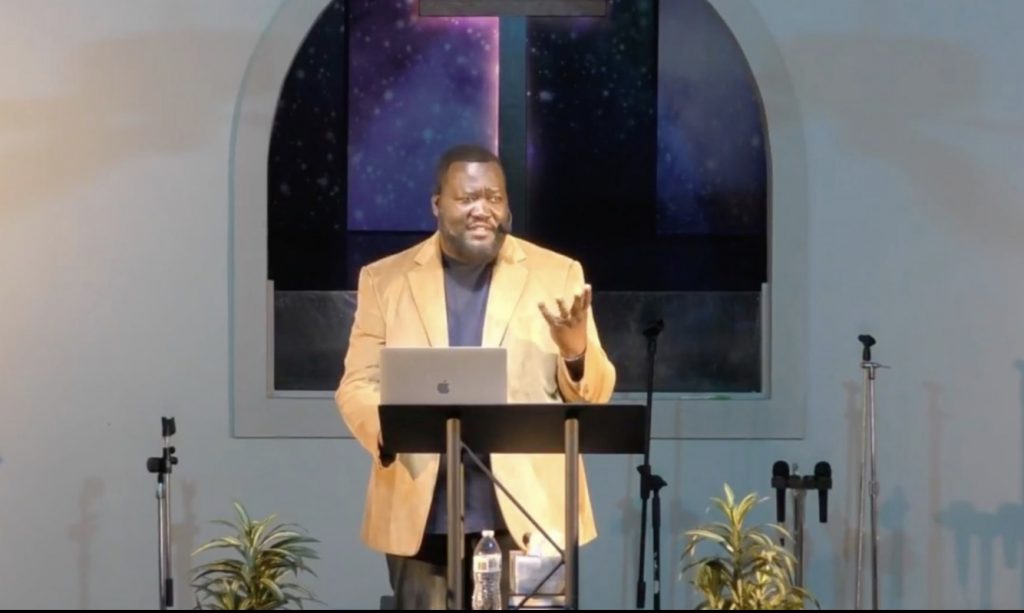Matthew 6:1-18
Jesus begins His teaching in v. 1 with the word “BEWARE”, which, in the Greek text, is written in the imperative. The imperative is used here to give a strong warning, or a prohibition, or even a warning. We find the same form of the word a total 11 times in the NT: right here in Matthew 6:1, Matt. 7:15, Matthew 10:17, Matt. 16:11, Luke 12:1, Luke 17:3, Luke 20:46, Luke 21:34, Acts 5:35, and Acts 20:28. Each time we see the word in this exact form, it is always doing the same thing: it is pronouncing a strong warning or a prohibition. The idea is that the content Jesus is about to teach is not one to simply be heard or listened to, but it must be lived out.
When we do what we do in the name of the Lord, we should be careful to not let it become a spectacle for everyone to see. Our acts of righteousness must be unto the Lord and unto the Lord alone. We do these things in secret unto the Lord!
From the passage, one thing is clear: there is an expectation that the disciple of Christ WILL perform personal acts of righteousness (i.e. praying, fasting, giving, etc.), the focus here is more on the intent for those acts of righteousness, rather than about the manner in which those acts are performed. Those 2 things are actually intertwined: if our intent is right, when we perform our acts of righteousness, we will perform them in ways that honor God, while not trying to earn the accolades of the world system. Understand this: being religious is not the same as being submissive to the Lord Jesus! In fact, all the negative interactions Jesus had, when He was on this earth, involved religious people. if our acts of righteousness is to count for anything, they must be rooted and grounded in our personal submission and devotion to the Lord. As James points out in James 2:18-19, faith without works is dead! The idea is that our faith in Christ should naturally drive us to perform acts of righteousness unto the Lord. In other words, if your faith is authentic, it should be manifested through those acts of righteousness.


Notice a pattern:
- Matthew 6:3-4… When you give, “do not let your left hand know what your right hand is doing.”
- Matthew 6:5-6… “when you pray, you must not be like the hypocrites. For they love to stand and pray in the synagogues and at the street corners, that they may be seen by others. Truly, I say to you, they have received their reward. 6 But when you pray, go into your room and shut the door and pray to your Father who is in secret. And your Father who sees in secret will reward you.”
- Matthew 6:16-18… “And when you fast, do not look gloomy like the hypocrites, for they disfigure their faces that their fasting may be seen by others. Truly, I say to you, they have received their reward. 17 But when you fast, anoint your head and wash your face, 18 that your fasting may not be seen by others but by your Father who is in secret.”
Here’s the core requirement for all 3 of these acts of righteousness: they must be performed in secret. The idea is this: if you are indeed doing it unto the Lord, then it must be between you and the Lord only.
Wrapping Up with Key Insights
Believers are expected to perform acts of righteousness, such as praying, giving, and fasting, but the idea is that those are being done unto the Lord, not receive accolades from anyone else. Our acts of righteousness is ultimately part of our worship unto the Lord, consequently, they must be performed in secret because only the Lord is worthy of our worship.
Written by Pastor Prudent
Leave a Reply